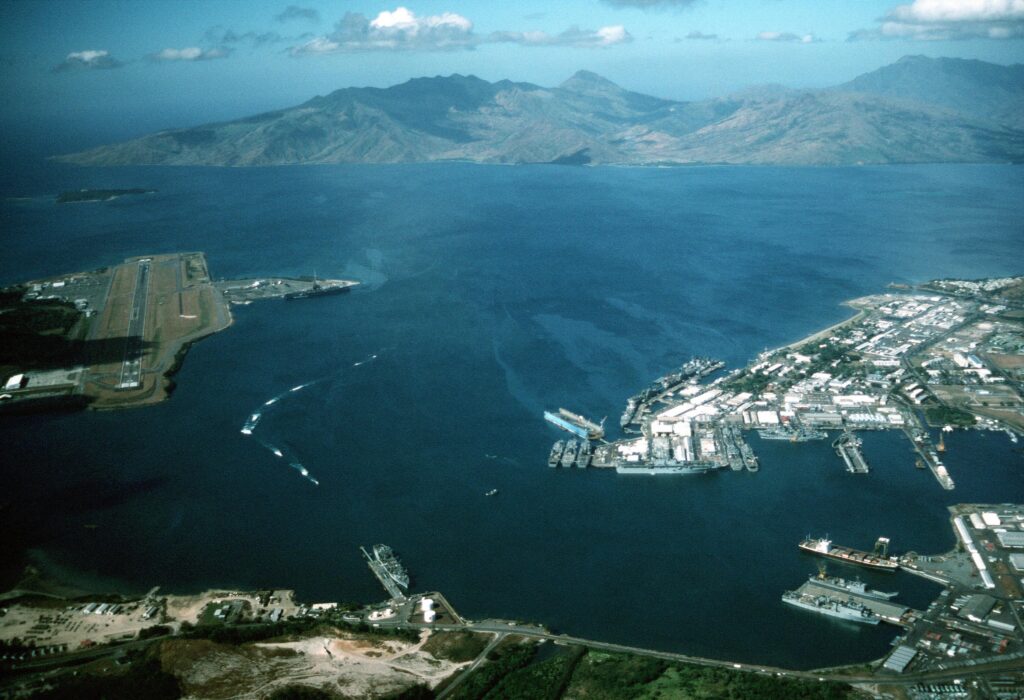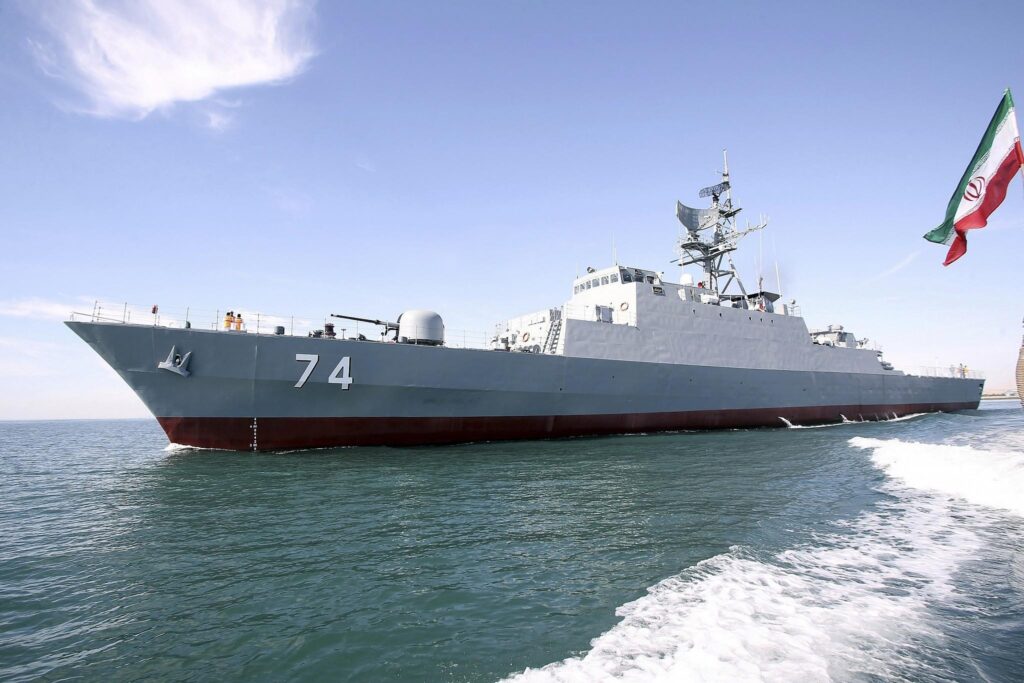In the choppy waters of international maritime commerce, a cryptic code is emerging: “All Crew Muslim.” As Houthi rebels transform the Red Sea into a treacherous gauntlet of potential attacks, shipping companies are adopting an unconventional strategy to navigate the rising tensions. This linguistic sleight of hand—a message that suggests a vessel’s crew composition—has become a subtle shield against potential maritime aggression,revealing the complex dance of survival and strategy in one of the world’s most volatile shipping lanes. In the treacherous waters of the Red Sea, maritime operators are deploying an unconventional strategy to ward off potential attacks by Houthi militants. Vessel captains and shipping companies are now signaling their crews’ demographic composition to deter potential antagonistic engagements.
The tactic involves broadcasting a specific message during transit through the conflict-prone region: “‘All Crew Muslim'”. This strategic dialogue aims to reduce the likelihood of targeted attacks by suggesting religious solidarity with potential aggressors.
Shipping executives have reported a surprising effectiveness in this approach, which leverages cultural and religious dynamics to enhance vessel safety. The method emerges as a pragmatic response to escalating tensions in the maritime corridor connecting Europe and Asia.
Historically, shipping routes through the Red Sea have been crucial for global trade, representing a strategic passage for approximately 12% of international maritime commerce. The recent Houthi attacks have significantly disrupted this critical transportation network, forcing companies to explore innovative protective measures.
Complex geopolitical tensions between regional actors have transformed the waterway into a potential battleground. Vessels carrying goods from various international origins now face unprecedented challenges navigating these politically charged waters.
Maritime security experts remain divided on the long-term effectiveness of this communication strategy. Some view it as a temporary solution, while others see it as a nuanced diplomatic approach to mitigating potential conflicts.
The shipping industry’s adaptability is once again demonstrated through this creative risk management technique.Companies are increasingly relying on real-time information, cultural understanding, and strategic communication to safeguard their assets and personnel.
Technological advancements in maritime communication systems have facilitated the rapid transmission of such messages, enabling quick dissemination of crew composition information across vessels traversing the region.
Insurance companies and maritime regulatory bodies are closely monitoring these developments, assessing the potential implications for future shipping protocols and risk mitigation strategies.
The evolving situation underscores the complex interplay between geopolitical tensions, maritime security, and innovative problem-solving in international trade networks. As conflicts continue to reshape global shipping dynamics, industry players must remain agile and resourceful.
Shipping companies continue to explore multiple strategies,ranging from rerouting vessels around conflict zones to implementing advanced security protocols. The “‘All Crew Muslim'” approach represents just one of many adaptive responses to the challenging maritime environment.





